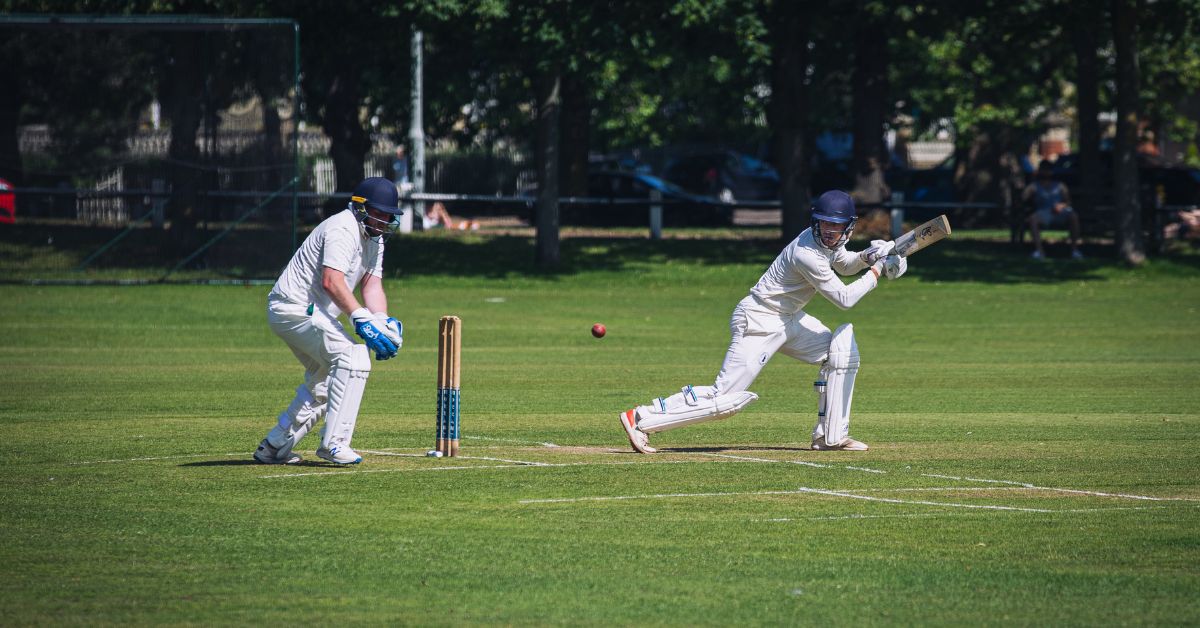Facing a booing crowd is a challenge that some professionals must endure as part of their chosen path. Name an occupation where you might face booing crowds, and you will quickly realize how diverse the responses can be. Whether it’s the world of sports, entertainment, or even politics, handling public disapproval is a skill in itself. This article explores various careers where facing booing crowds is a possibility and delves into the reasons behind such reactions, the resilience required, and how these individuals cope with the pressure.
Sports Professionals and Booing Crowds
One of the most obvious answers when you name an occupation where you might face booing crowds is that of sports professionals. Athletes, referees, and coaches are constantly under public scrutiny. Fans are passionate and emotional about their teams, and any perceived failure or controversial decision can result in loud booing.
For instance, a football player missing a penalty kick in a crucial game might face an outpouring of boos from disappointed fans. Similarly, referees are often the target of public disapproval when they make calls that one side deems unfair. In these moments, sports professionals need to stay composed and focused on their performance, regardless of the crowd‘s reaction.
Stand-Up Comedians and Unforgiving Audiences
When you name an occupation where you might face booing crowds, stand-up comedians often come to mind. The nature of their work—performing live in front of an audience—leaves them vulnerable to immediate feedback. If their jokes don’t land, or if their material offends a segment of the audience, they might encounter boos or heckling.
The ability to handle such situations is a hallmark of a skilled comedian. Many comedians have anecdotes about turning a hostile crowd into an appreciative one through quick wit and humor. However, not every performance goes as planned, and dealing with booing crowds is an occupational hazard.
Politicians and Public Discontent
Another example when you name an occupation where you might face booing crowds is that of a politician. Public figures in politics often find themselves addressing large crowds with diverse opinions. Whether it’s during a campaign rally, a public debate, or an official event, politicians are not immune to vocal disapproval.
For instance, introducing an unpopular policy or failing to address pressing issues can lead to a negative reaction from the audience. Politicians must have thick skin and the ability to navigate such situations gracefully, often by addressing concerns directly or deflecting criticism diplomatically.
Musicians and Performers Dealing with Criticism
Musicians and performers also fit the bill when you name an occupation where you might face booing crowds. While many concerts and performances are celebrated with cheers and applause, there are instances where artists are met with boos instead. This could happen due to a disappointing performance, technical issues, or even the audience’s disagreement with the artist’s views or behavior.
A famous example is when Bob Dylan faced booing crowds in 1965 after switching from acoustic to electric guitar during a performance. This decision was divisive among his fans, highlighting how audiences can react strongly to changes or unexpected moves by their favorite artists.
Actors in Live Theater Productions
Live theater actors also make the list when you name an occupation where you might face booing crowds. In live performances, there is no room for error or second takes. A poorly delivered line, a controversial script, or simply an unengaged audience can result in audible dissatisfaction.
Unlike pre-recorded performances, live theater is an immediate exchange of energy between the performers and the audience. Actors must adapt quickly to the mood of the crowd and continue delivering their best performance, even if boos or negative reactions come their way.
Professional Wrestlers and Polarized Reactions
Professional wrestling is another unique example when you name an occupation where you might face booing crowds. In this form of entertainment, crowd reactions are often part of the show’s appeal. Wrestlers, particularly those portraying “villainous” characters, might intentionally provoke boos to build drama and excitement.
While boos are often scripted and expected in wrestling, there are times when audiences express genuine displeasure, such as when a storyline is poorly received. Wrestlers must embrace the reaction, whether positive or negative, as part of their role.
Public Speakers and Controversial Topics
Public speaking is yet another field where you might face booing crowds. When you name an occupation where you might face booing crowds, keynote speakers, lecturers, or activists often come to mind. These individuals frequently address sensitive or polarizing topics, and not every audience will agree with their viewpoints.
Delivering a speech or presentation to a hostile audience requires immense courage and preparation. Speakers must remain calm, address counterarguments respectfully, and maintain their composure under pressure.
How Professionals Handle Booing Crowds
Dealing with public disapproval is no easy task. Professionals in occupations where they might face booing crowds rely on a combination of mental resilience, preparation, and adaptability to navigate these challenging situations. Here are some strategies commonly employed:
- Staying Composed: Maintaining calmness in the face of boos is crucial. Responding emotionally can escalate the situation, whereas staying composed demonstrates professionalism.
- Focusing on the Task: Athletes, performers, and speakers often concentrate on their craft or message, blocking out the negativity from the crowd.
- Using Humor: For comedians and public speakers, humor can be an effective tool to defuse tension and win back the audience’s favor.
- Engaging with the Audience: Acknowledging the crowd’s reaction and addressing their concerns directly can sometimes turn the tide in a professional’s favor.
- Learning from Experience: Each experience with a booing crowd offers valuable lessons. Professionals often reflect on what went wrong and use the feedback to improve.
Why Booing Happens
Understanding why booing occurs can provide insight into how to handle it. Here are some common reasons:
- Unmet Expectations: When a performance or outcome doesn’t meet the audience’s expectations, boos may follow.
- Controversial Decisions: Referees, politicians, and speakers often face boos for decisions or statements that spark disagreement.
- Passionate Audiences: In sports and entertainment, the passion of fans can quickly turn to frustration or disappointment.
- Provocative Material: Comedians, musicians, and public speakers tackling sensitive topics may encounter resistance from sections of the audience.
Conclusion: Facing Booing Crowds with Grace
In summary, when you name an occupation where you might face booing crowds, numerous professions come to mind, ranging from athletes and comedians to politicians and public speakers. Each of these roles requires a unique blend of talent, resilience, and adaptability to handle the challenges of public disapproval.
Booing crowds are a reflection of the strong emotions that professionals can evoke, whether through their performance, decisions, or statements. By understanding the reasons behind the reactions and employing strategies to manage them, individuals in these occupations can continue to thrive despite the occasional negativity. Ultimately, handling booing crowds is not just about enduring the noise but learning to grow stronger from the experience.




